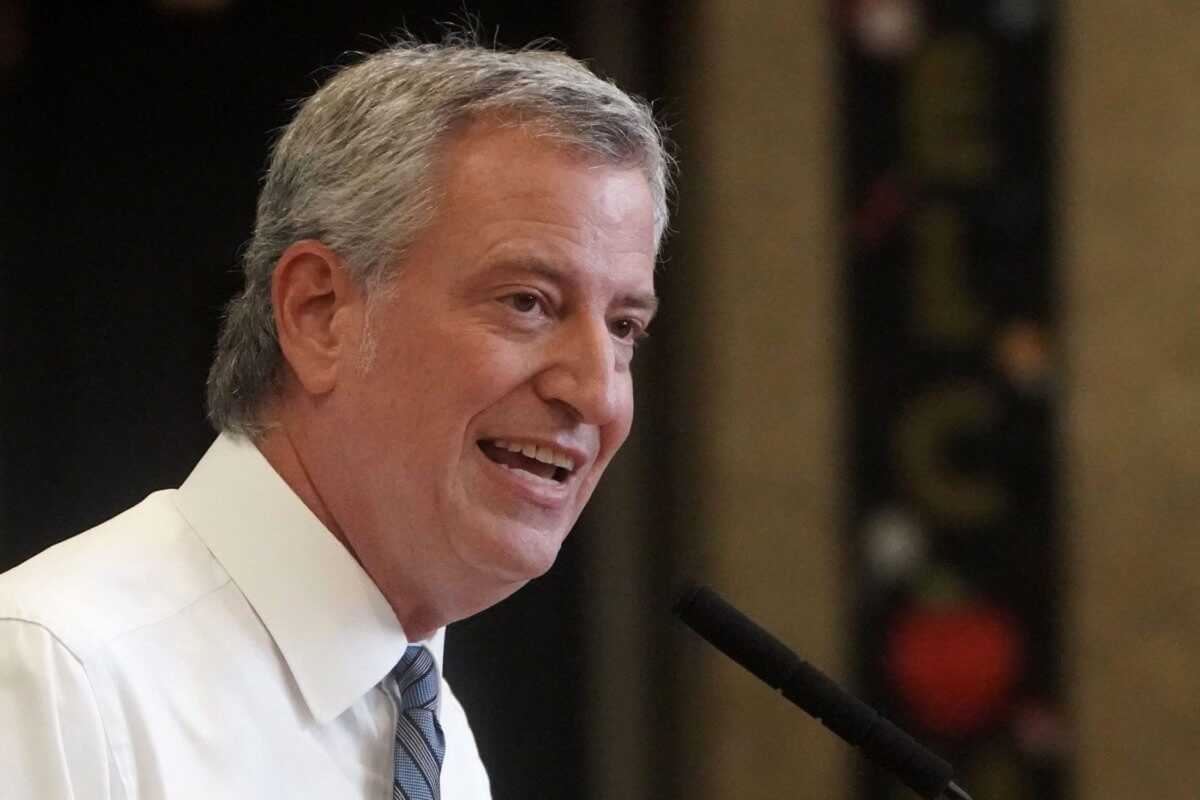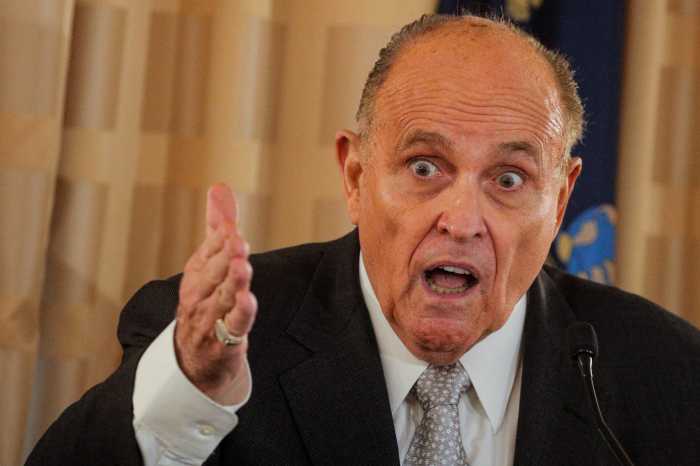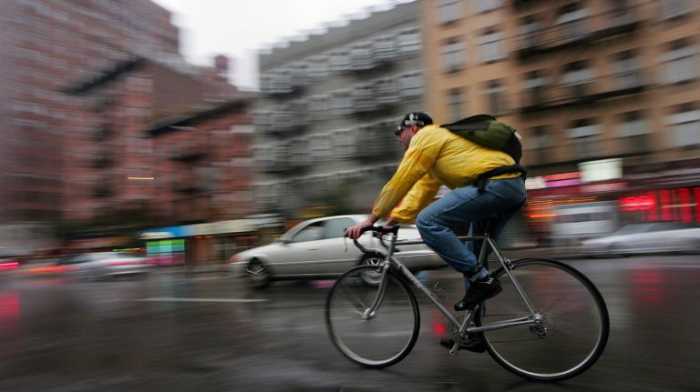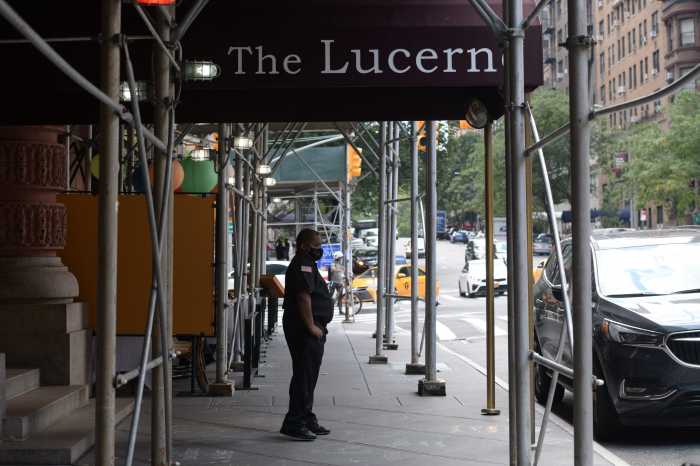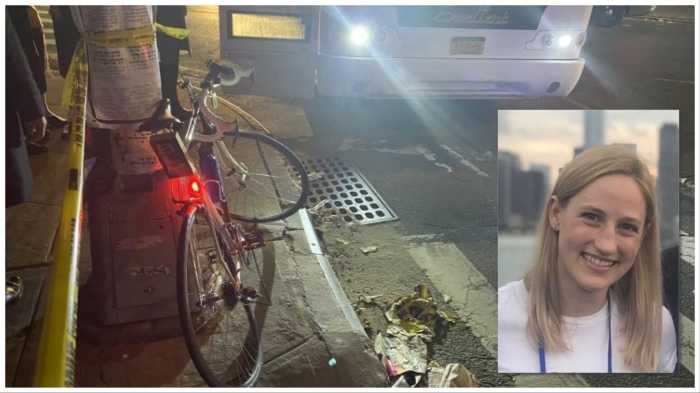While Mayor Bill de Blasio anticipates the first batch of Pfizer’s COVID-19 vaccine to reach New York City in the coming days, he warned that the final stretch of the pandemic should be ridden out with caution.
The message sent out by leaders across the state to skip travel for the holidays this year was again repeated at St. Martin of Tours Catholic Church during Sunday mass, stating that the next couple months require caution amid a second wave of COVID-19 that threatens to overburden hospitals before vaccination deployment can reach critical mass.
“So I’m calling upon all of you to do what you have done so heroically to once again fight back this disease, to once again protect each other, to show that love and compassion that New Yorkers have,” de Blasio said. “December and January will be difficult. I’m asking everyone be careful. Take those precautions. Please don’t travel. We all are so used to the idea of travel at the holidays and going home to loved ones and going home to the countries that we come from, but this is not the year for travel. This is a year to stay close. Keep your gatherings small and safe, because in just a few months we will turn this corner once and for all.”
On Sunday morning, the first deliveries of the COVID-19 vaccine were sent out for delivery from Pfizer’s manufacturing facility in Kalamazoo, Mich. where they would arrive in all 50 states by Monday, according to the Associated Press.
The mayor’s appearance during Sunday services also comes with a sense of impending doom for New York City business who face another round of shutdowns in the restaurant industry.
On Friday, as the in infection rate has hovered around 4.51% over the past four weeks, came the decision from the Governor Andrew Cuomo to shut down indoor dining.
Cuomo said on Thursday that 170,000 doses of the drug would be allocated to New York that would immunize 72,000 with two doses each with at-risk healthcare staff and long-term care facility residents receiving priority.



